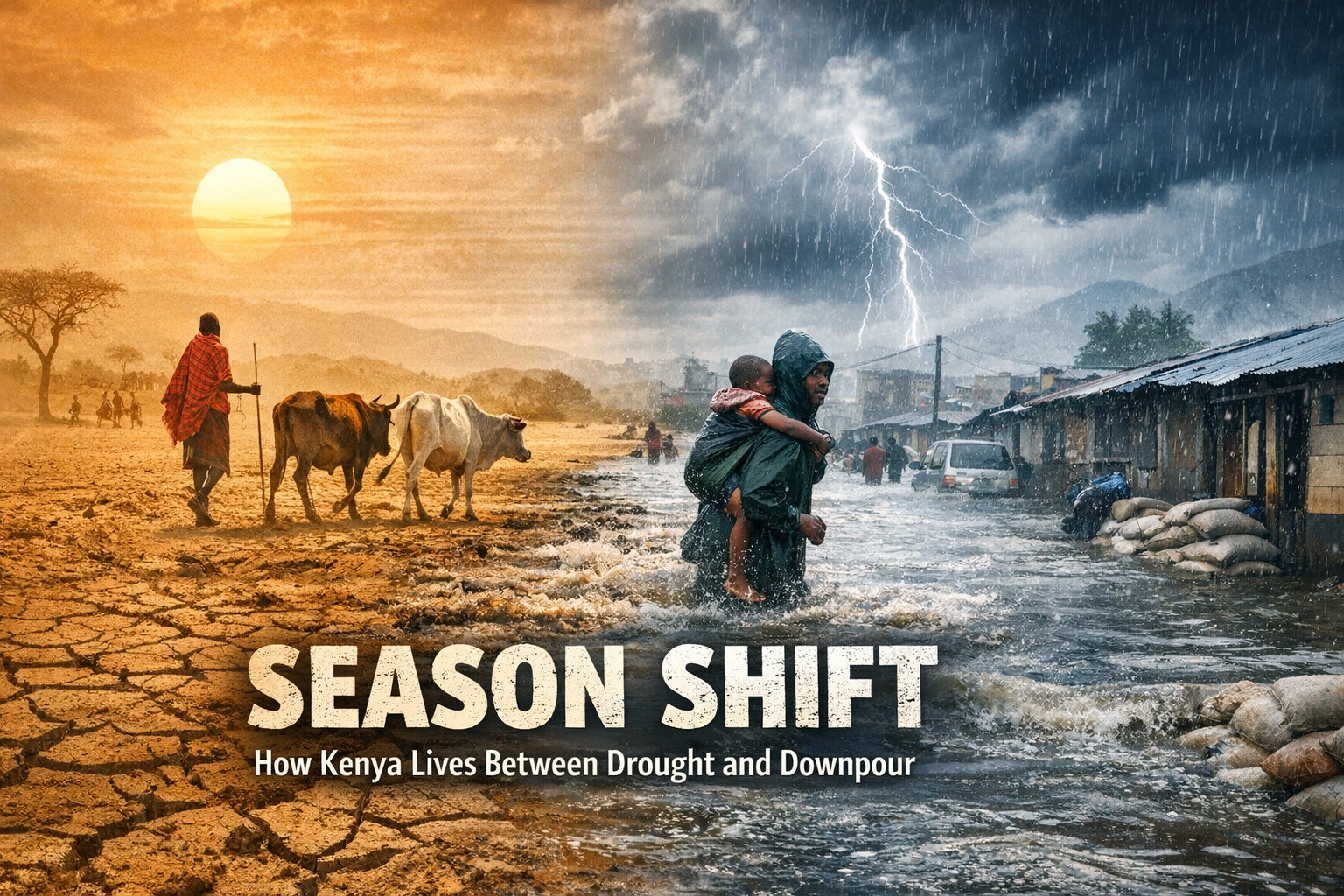- The massive clearing of trees and vegetation for wood fuel has persisted for many years, posing significant threats to both the environment and local communities.
In a statement on October 1, 2024, the Cabinet Secretary for Environment, Climate Change and Forestry Aden Duale expressed concern over the alarming rate of deforestation occurring around refugee camps in Garissa and Wajir Counties.
The massive clearing of trees and vegetation for wood fuel has persisted for many years, posing significant threats to both the environment and local communities.
“I am deeply concerned by the massive clearing of trees and vegetation around our refugee camps in Garissa and Wajir Counties for wood fuel, a massive deforestation that has been going on for many years,” Duale stated.
He emphasized that this unmitigated destruction of the fragile Arid and Semi-Arid Lands (ASAL) ecosystem is detrimental, exposing residents to the adverse effects of climate change.
The Cabinet Secretary highlighted that such environmental degradation runs counter to Kenya's ambitious goals to restore degraded landscapes. The country aims to grow 15 billion trees by the year 2032 as part of its commitment to combat climate change and preserve biodiversity. However, the ongoing deforestation threatens these efforts and undermines the sustainability of local ecosystems.
Read More
Duale has called on the United Nations High Commissioner for Refugees (UNHCR) to take immediate action. “As the agency with the global mandate to manage refugee affairs, UNHCR must urgently provide alternative sources of fuel energy to refugees and host communities to halt the ongoing destruction,” he urged.







